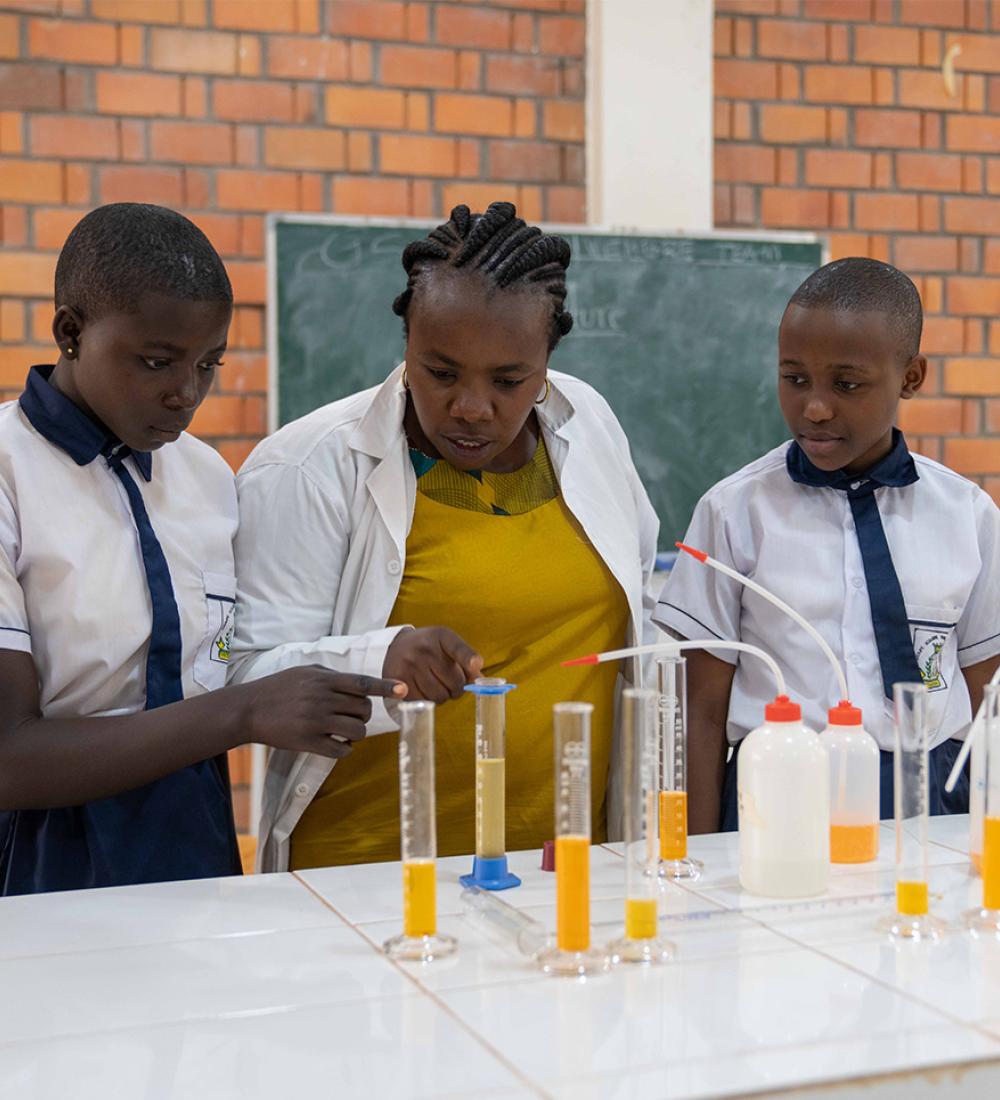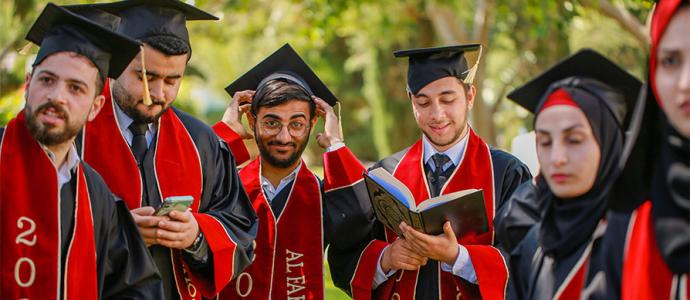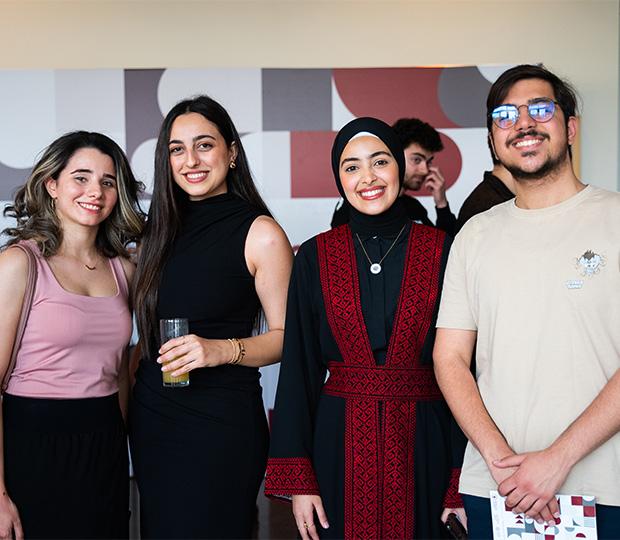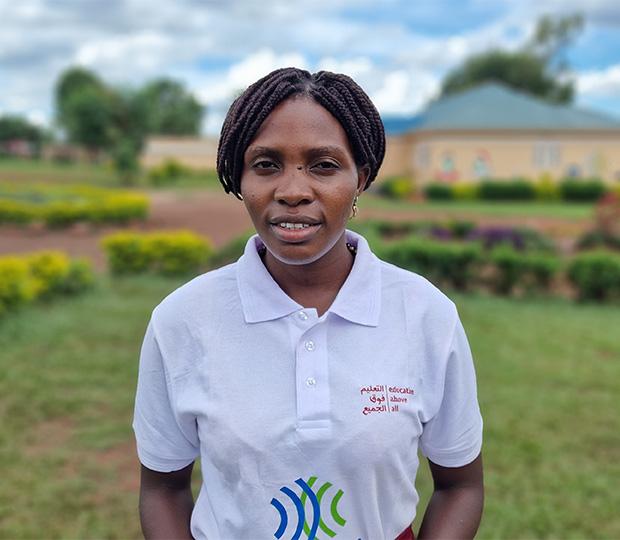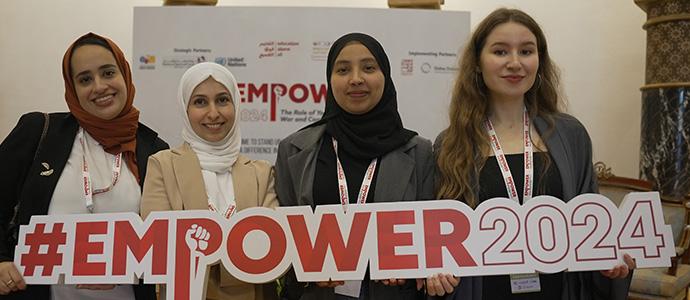EAA participates with Global Leaders at US Conference on Education and Development
Several meetings, led by EAA’s programmes Educate A Child (EAC) and Protect Education in Insecurity and Conflict (PEIC), discussed strategies to overcome the barriers marginalised communities face in accessing quality education.
EAC shared its expertise on how education and development leaders can deliver the UN’s Sustainable Development Goal (SDG) 4, to ensure inclusive, quality education for all and to promote lifelong learning. EAC, the only global organisation solely focused on supporting out of school children at the primary level, promotes a proven partnership model that works with local or global organisations to overcome the barriers children face in accessing quality education.
PEIC shared a platform with UNESCO-IIEP, UNHCR and Global Partnership for Education (GPE) to raise awareness of the challenges of education for displaced populations.
EAC Executive Director Dr Mary Joy Pigozzi states:
“Challenging geographies, conflict, gender and poverty can all present as barriers to education. Through strong partnerships, our proven local delivery model works to overcome these barriers. The approach is flexible, scalable and sustainable. We target the most marginalised and neglected communities around the world to enable more children to access quality education.
“We were here this week to impart our knowledge and expertise and learn from others working in this area. Together, our aim is to deliver many more children back into quality education.”
EAA sessions, was taking place from 5 March until 9 March, included:
- PEIC and USAID’s Education in Crisis and Conflict Network delivered a workshop on education in fragile and post-conflict situations. This session drew upon PEIC’s collaborative work with the Uganda National Curriculum Development Centre on training national writers, to ensure that school materials support tolerance and SDG Target 4.7 for local, national and global citizenship and a culture of peace
- A visual presentation of EAC’s approach to improving access to education through a partnership-based model that delivers tailored solutions at scale
- A discussion jointly convened by PEIC, UNESCO-IIEP, UNHCR and GPE on the challenges of education for displaced populations
- A panel discussion on addressing the barriers that keep children out of school and achieving UN SDG 4—Inclusive and Equitable Quality Education
- A second panel discussion also chaired by EAC delveed into diversifying approaches to education in order to reach the most marginalised communities
A panel discussion on early grade reading materials featuring PEIC work on developing teaching materials for primary education that emphasise social cohesion and resilience in post-conflict communities








